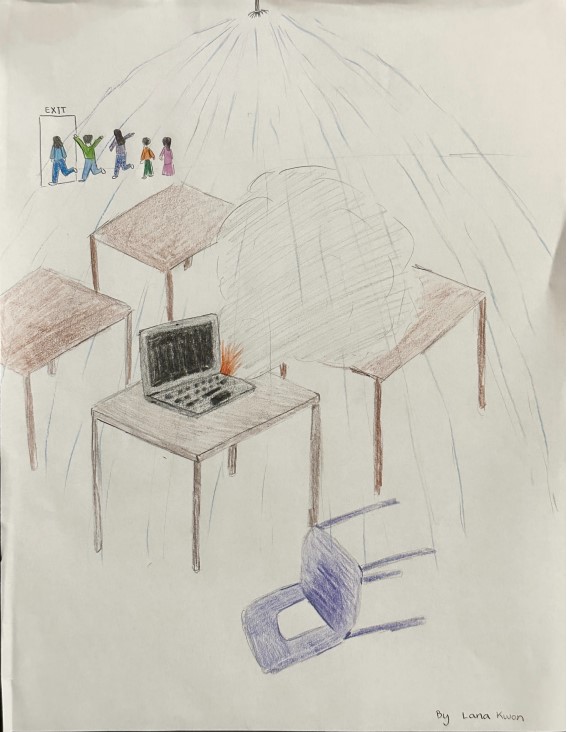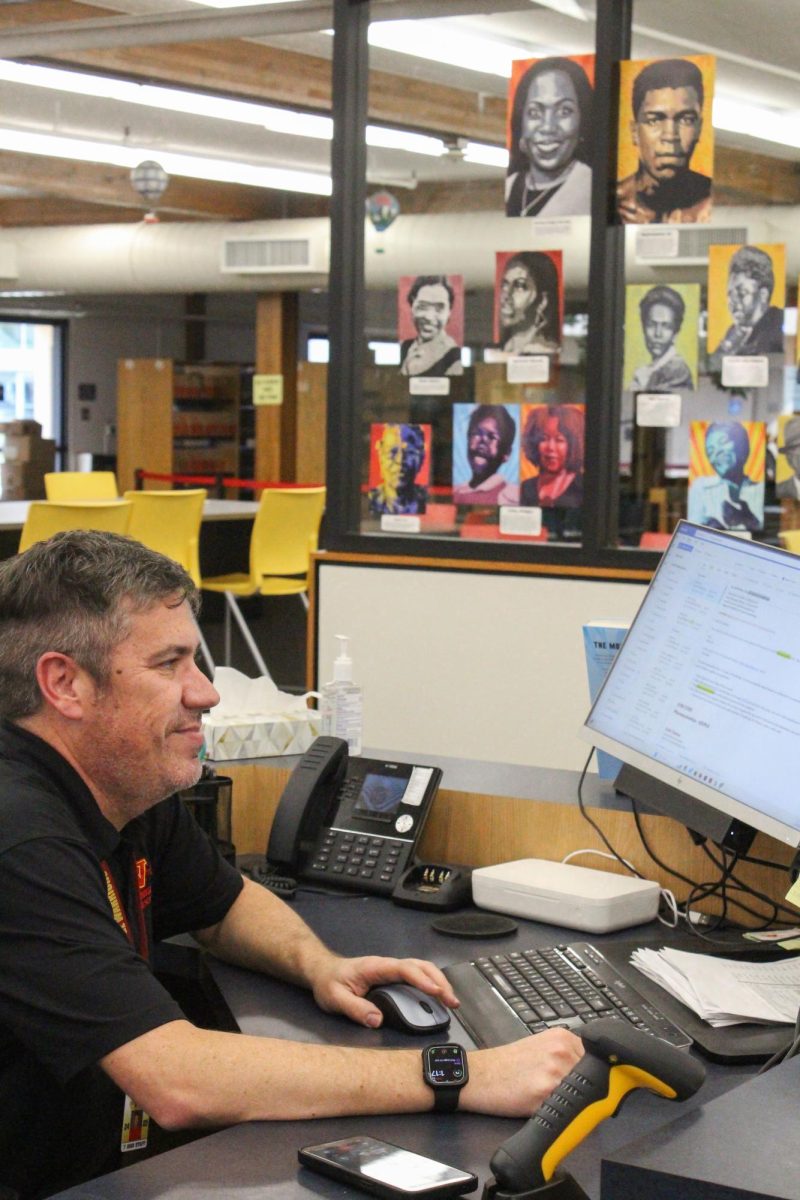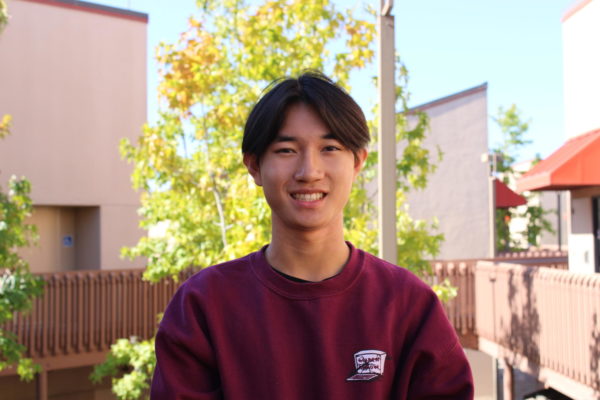In a society that constantly scrolls, likes and posts, today’s youth have access to much more information than in past generations because of the growth in social media usage.Platforms such as Instagram and Facebook have allowed people to communicate across continents.
However, as with all new forms of technology, there comes unintended consequences. In particular, social media has been connected with increasing political polarization. Though information is made more readily available through these platforms, this information is not always reliable and is generally biased to please the user. It is so easy to get trapped into a “bubble,” only seeing information that aligns with one’s previously established views and further contributing to polarization.
One part of social media that contributes to polarization is how quickly unreliable information can be spread.
“I think the news sources that we have today are supposed to be unbiased and non-partisan…it’s really hard to kind of get to something that’s completely unbiased,” senior Katie Lee said.
With the 2024 presidential election approaching, social media and biased reporting amplify disinformation, eroding trust and partisan differences.
“[Social media and biased reporting] probably contributes to polarization because as people get…the misinformation that’s kind of in their silo, they don’t really talk with other people and they don’t have a common shared conversation,” history teacher Spencer Schwerdtfeger said.
Adding to these challenges is the issue of horse-race journalism, where news organizations focus on dynamic poll results, rather than the actual platforms of the candidates..
These blueprints control how social media platforms work, this includes suggesting content to users and impacting their viewpoints, according to Sprout Social.
“[Social media polarization] doesn’t create a [safe] space for someone to have a discussion, to think about another opinion or [challenge] another viewpoint,” counselor Elizabeth Taylor said.
Additionally, even though the algorithm does allow content to be tailored to user interests, it also fosters closed-mindedness by reinforcing the same social media content repeatedly on a user’s feed.

Senior Jonathan Sandoval’s beliefs on the algorithm and its influence on individual ideology have been shaped by his interactions with friends, often sparking debates with them.
“[Most] news outlets are incredibly biased even if they say they’re not…So we need to go and do our due diligence to find what the truth is, which is always somewhere in the middle,” Sandoval said.
People are bombarded with content supporting a singular viewpoint, preventing users from interacting with opposing or differing opinions.
There are ways for students to stay informed to reduce the influence of misinformation on social media, such as having private accounts and only interacting with those they know online.
Social science teacher Christopher LePage suggests staying informed with reputable sources to discern information from misinformation.
“If [students] really want to be informed…read the New York Times and Wall Street Journal. The key there is read. We have more information than any other time in history to be informed,” LePage said.
Regardless of these sources’ credibility, students shouldn’t rely solely on these unbiased resources to gain information. Researching numerous sources can help students be more open-minded to different perspectives.
Online safety is also top of mind as the 2024 presidential election approaches. Social science teacher Wesley Banh raises concerns with consuming news from isolated viewpoints.
“If you self-curate your own social circle you’re less likely to entertain outside ideas,” Banh said.
This polarization can be combated by relying on a variety of credible and impartial sources of information.
While most individuals are not primarily at fault for the spread of misinformation, it is important for everyone to be aware of the fidelity of the news they receive.
As the 2024 elections rapidly approach, having access to diverse and reliable sources of information is more crucial than ever. Media platforms have a responsibility to show candidates from both political parties and to focus more on substantive issues, rather than political headlines.
Voters also have a responsibility to research candidates in depth and stay updated before casting their votes. While social media can be an efficient way to access information, users must also remain aware of the consequences of solely relying on these platforms for information. By exploring opposing perspectives, people can better shape their own opinions and understand important issues affecting people across the political spectrum. It only takes one search to expand one’s own perspective and explore beyond the “bubble.”











